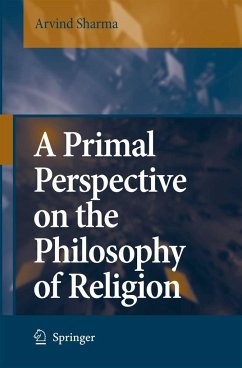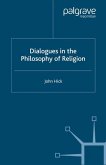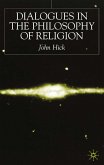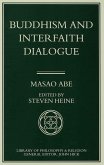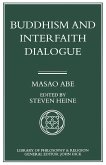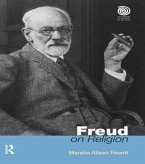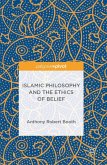What am I trying to accomplish through the exercise which I have undertaken, namely, to examine the philosophy of religion in the light of primal religions? If to choose someone else's expression to characterize one's own intellectual endeavour is an indication of one's own lack of imagination, then I must plead guilty to that charge; but not to that of lack of gratitude, for I have to thank Robin Horton for describing, better than I can, what I have attempted in the book. It is an exercise in what he calls "translational understanding. " I quote him now: By 'translational understanding', I mean the kind of understanding of a particular thought-system that results from the successful translation of the language and conceptual system that embody it into terms of a language and conceptual system that currently enjoy 'world' status. In talking of translation, of course, I am not just talking of the provision of dictionary equivalents for individual words or sentences. I am talking about finding a 'world-language' equivalent for a whole realm of discourse, and of showing, in 'world-language' terms, what the point of that realm of discourse is in the life of the people who use it. Translation, in this broader sense, can be very arduous. There may be no realm of discourse in the 'world' language that exactly fits the bill. We may have to bend and refashion existing realms, and even redefine their guiding intentions.
Hinweis: Dieser Artikel kann nur an eine deutsche Lieferadresse ausgeliefert werden.
Hinweis: Dieser Artikel kann nur an eine deutsche Lieferadresse ausgeliefert werden.
"Despite the absence of written texts, primal religions have an implicit philosophy. They can offer a fresh perspective on controversial philosophical issues. This study shows how materials of primal religious experience can be incorporated in the categories of modern philosophy of religion. Fourteen chapters offer examples varying from concepts of God and revelation to conflicating truth claims and the problem of human destiny. The book contends that the primal perspective can widen and deepen the horizons of philosophy of religion and enhance the philosophical appreciation of religion as a universal phenomenon." Jacobus Waardenburg, University of Lausanne, Switzerland"Arvind Sharma makes a perfect case for a cross-cultural philosophy of religion in which all world religions, especially primal religions, could effectively participate in the dialogue and conversation about the relevant issues in the quest for the transcendent and the sacred. The work ultimately may be a prolegomena to the study of philosophy of religion of many primal religious traditions, because it provokes debate and responses from scholars of these traditions. This book will certainly begin a broader conversation in the cross-cultural philosophy of religion." Jacob Olupona, The University of California, Davis, U.S.A.

